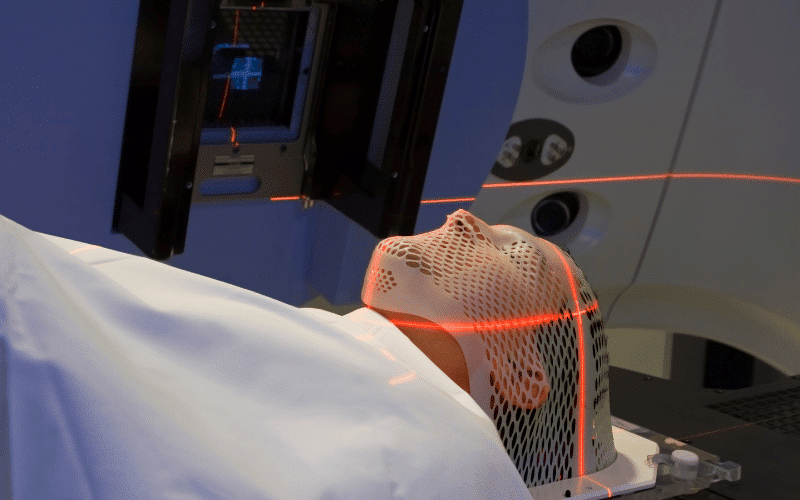9. Prior Radiation Treatment – A Double-Edged Sword

While radiation treatment is often a crucial part of cancer treatment, it does come with long-term risks. Individuals who have had radiation treatment to the head or neck, particularly at a young age, have an increased risk of developing throat cancer later in life.
Radiation therapy works by using high-energy particles or waves to destroy or damage cancer cells. However, it can also damage healthy cells, including those in the throat. Over time, this damage can lead to changes in the cells and potentially cause a second cancer.
The risk of developing throat cancer after radiation treatment depends on several factors, including the age at which you received treatment, the dose of radiation, and the area that was treated. For example, people who received radiation treatments to the head or neck as children have a higher risk of developing throat cancer as adults compared to those who received radiation treatment as adults.
Regular follow-up care is crucial after radiation treatment. This includes regular screenings for throat cancer, especially if the treatment area was close to the throat. While the risk of developing a second cancer due to radiation therapy is real, it’s important to remember that for many people, the benefits of the treatment far outweigh the risks. (9)